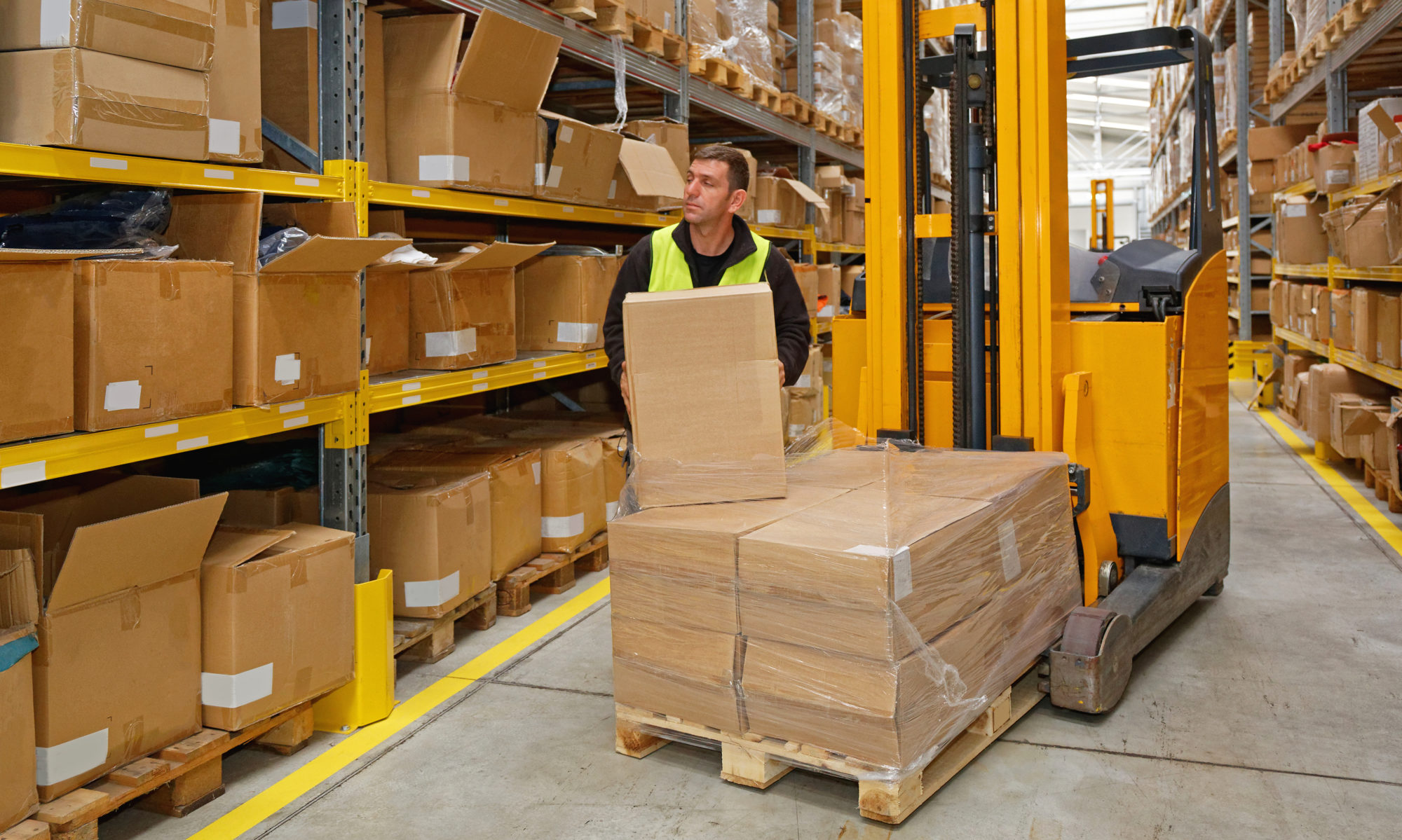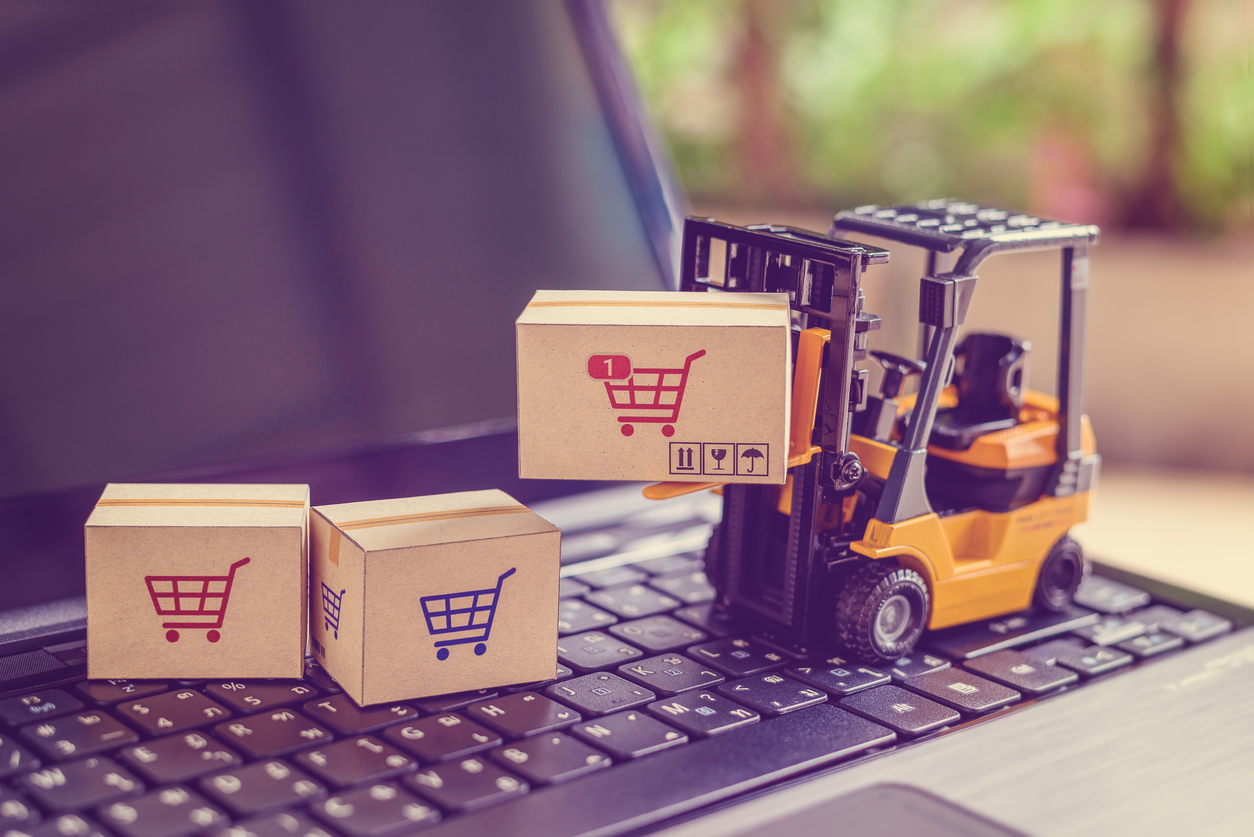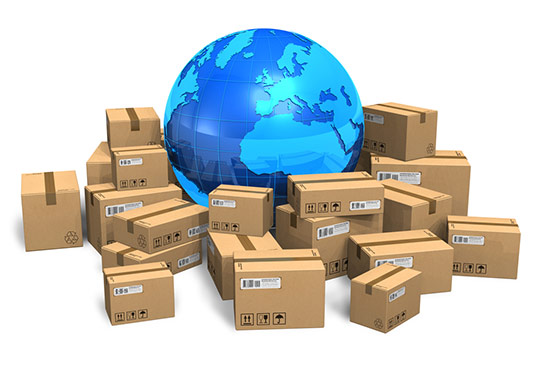While you are getting your eCommerce business up and running, you are probably doing the bulk of the work yourself. Many online companies begin as cottage industries, operating out of a home or garage, such as Jeff Bezos famously did with Amazon.
Even if your eCommerce store does not reach Amazon’s sales levels, you are bound to reach a point where it is hard to keep up. How do you know when it is time to hire a fulfillment company? Ask yourself these questions to help guide your decision.
Are You Ready to Partner With a Fulfillment Company?
1. Are you running out of room?
As sales increase, you need more inventory to fill orders, along with more space to store that inventory. Unfortunately, science has yet to create a wall stretcher that will let you expand your current base of operations.
A fulfillment warehouse is designed to hold large quantities of product. As a plus, they have sophisticated inventory management software that provides efficient tracking and robust reporting.
2. Are you spending too much time running to UPS?
Whether you use USPS, UPS, or FedEx, you are bound to their policies and rates. Few things are more frustrating than scrambling to reach the post office just as they are locking the doors.
If you use a fulfillment service, you can say good-bye to that headache. Not only do they have daily pickups scheduled with all major carriers, but they can accommodate LTL (less than a truckload) shipments and you can benefit from their lower contracted rates. A fulfillment warehouse will also free you up from the task of following up on shipping problems.
3. Are you having a hard time finding labor?
We have all heard about the Great Resignation, with a significant number of people leaving the workforce due to a shift in priorities following the COVID shutdown. For this and other reasons, many employers are having difficulties finding and retaining qualified labor.
With a fulfillment company, you have the advantage of a full staff but pay based on your business alone. You no longer have the responsibility of recruiting, hiring, and managing employees, nor do you have to cover insurance and other labor-related expenses.
4. Can your infrastructure scale along with your business?
As your business grows, you will still find ebbs and flows along the way. The classic example is holiday sales, but there are many other situations that can cause fluctuations. For example, perhaps you sell scarves, bathing suits or other seasonal items.
A fulfillment company focuses on inventory management and order fulfillment. They are experts at these services, so they can navigate the process of scaling as needed to suit your business.
5. Are you expanding to other geographic areas?
Expanding your geographic reach is a natural progression. But with customers expecting two-day, next-day or even same-day delivery, it is crucial to have your product physically located nearby. If you are getting nervous at the thought of opening multiple facilities, a fulfillment warehouse can solve that problem.
6. Do you have time to run your business?
Increasing sales should be job #1. If fulfillment and logistics is taking time away from building your brand, coming up with new products and other sales-related projects, it’s time to take on a fulfillment partner.
Your #1 Choice for a Quality Fulfillment Company
At Medallion Fulfillment & Logistics, we truly consider ourselves a partner in your success. With more than 35 years of experience and facilities on both coasts, Medallion offers a full range of fulfillment services that are flexible enough to scale along with your business.
Contact us to learn more about our innovative Amazon replenishment warehousing service and other programs.





